Are Leaves Good Compost For The Garden?
Leaves that have fallen off trees are valuable. Not only are they good for the grass, they are nutrient rich when you use them for gardening. Building an organic garden compost with leaves is something we are trying out this year in the city. They provide valuable carbon to balance the nitrogen in your compost pile, they feed beneficial microbes and earthworms and it helps sandy soil retain moisture.
Aside from the Spring, you can collect autumn leaves as well. If you gather them in the Fall it gives time for the leaves to breakdown throughout the winter. By the time Spring arrives, the compost is mostly ready to be used.
4 Key benefits of using leaves for composting:
1. nutrient rich
The leaves, once they break down, are full of nutrients that are very good for the soil when you are gardening. Even though it takes approximately 3-6 months for leaves to decompose in a compost bin, once you have some, apply it to your crops for better growth.
Garden Compost With Leaves
Can You Put Too Many Leaves In Your Garden Compost?
Yes, you need 1/3 green and 2/3 brown matter (i.e. leaves) for a balanced compost. The compost makes for a great fertilizer for your garden. If you want the process to be a little faster, break down the leaves and then put them in the bin. Also to help make it nutrient rich, mix the leaves up with grass clippings and other high in nitrogen material. Kitchen scraps can also be mixed in with the leaves to make the compost nutrient rich.
What Things Not To Put In The Compost?
Fish and meat scraps, shiny or glossy paper, treated wood byproducts, beech, oak, holly, sweet chestnut, and eucalyptus leaves.
2. Pesticide free
The leaves are natural. There are no chemicals added to them. Therefore there is nothing toxic and harmful going into your crops. This is an all earth based natural fertilizer for your soil. It will enrich the crops without tampering with the process.
Using leaves will help grow a better vegetable garden. Plus there is an unlimited supply of leaves to work with. You will not run out of fertilizer using leaves.
3. It Is Free
How Long Do Leaves Take To Compost?
It takes 3-6 months to over a year depending on whether you add water and turn the pile regularly. Nature does all the work.
How Often Should I turn The Compost?
It takes 3-6 months to over a year depending on whether you add water and turn the pile regularly. Nature does all the work.
You should turn your compost every 4-5 weeks for even decomposition.
Should A Compost Bin Be In The Sun Or The Shade?
Keep your compost bin in the sun so that the organic matter can decompose faster from the heat. This is also why compost bins are usually black in colour to help absorb the sun’s heat.
Naturally Free
You do not have to go out and buy leaves. They are all over the place and are free. It is readily available and likely better than anything you will purchase at the store. Gardening does not have to be expensive in order for it to be successful. Take a look at all the gardening I have shared so far on a low budget.
Start with the most cost effective ways to get your garden started before spending money. Although using leaves is effective, it is not the only thing that will boost your garden. Look into purchasing top soil for your garden to maximize the benefits of the compost you are building.
4. You Are Making Black Gold
Another term used for composting leaves is black gold. It is seen as valuable as gold when it comes to gardening because of its many benefits it gives to the soil.
Composting improves the soil of your garden and is helpful in building better crops. Additionally this is good for the environment. It adds new nutrients to the soil. As well as, by composting you are helping cut down on landfill wastes.
How Do You Know When Your Compost Is Ready?
Finished compost looks dark and crumbly and has an earthy smell. The volume of the pile is reduced by about half, and the organic items added to the compost pile are no longer visible.
How To Prepare Your Leaves For Composting
1. Let the leaves dry out in the sun and rake them up.
2. Gather the leaves on the property and place them in a compost bin.
3. Once they are dry, crush them up so that they have a head start on breaking down easier.
4. If your compost bin has a lid, add some water to get the mix wet and turn the pile occasionally. Try to keep the pile from drying out because the decomposition process requires it to be moist. If your compost pile is open to the elements then nature will take care of adding the water in the form of rain and snow. In this case all you have to do is turn the pile every now and then to allow for even decomposition.
5. The decomposed leaves can be added to your garden soil once they turn into a rich dark matter that resembles soil.
6. Creating a compost using leaves is an excellent frugal gardening tip that has a big impact. This is a natural way of adding nutrients to your garden soil helping vegetables grow. By leaf composting, the produce from the garden is organic with no chemical impacts to it. Leaf compost is effective and practical to build in your backyard.
What Leaves Should Be Avoided For Composting?
Certain leaves are not recommended to use for composting such as beech, oak, holly and sweet chestnut.
When you build a garden compost with leaves, start collecting your fruits and vegetables compost at the same time. The fruits and vegetables scraps provide the nitrogen component and the leaves provide the carbon component. So combined, they are beneficial because together they create the right kind of compost to build your vegetable garden.
Clean up your yard this weekend and gather your leaves to make some black gold for your garden.
March 31, 2022
Please visit more of my blogs on Gardening.
Additionally you can also check out blogs on Home Reno’s, Recipes and 2020 and Beyond for cost effective ideas for your home, garden and the future.


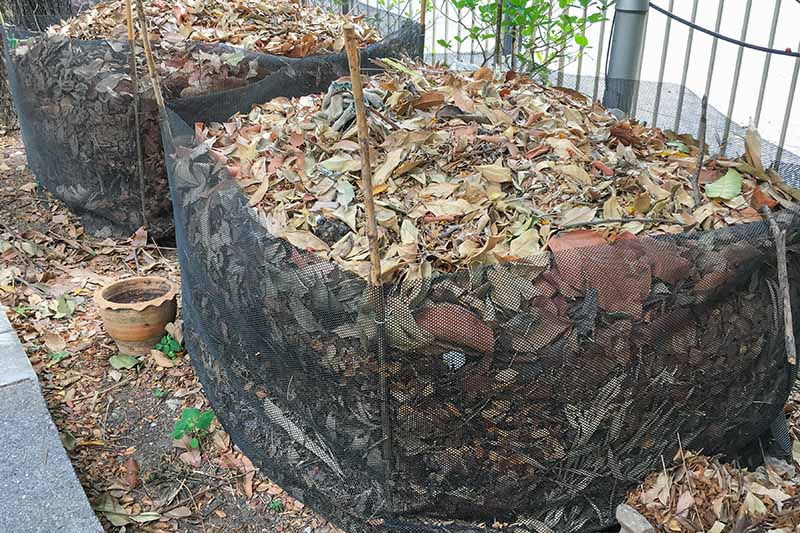
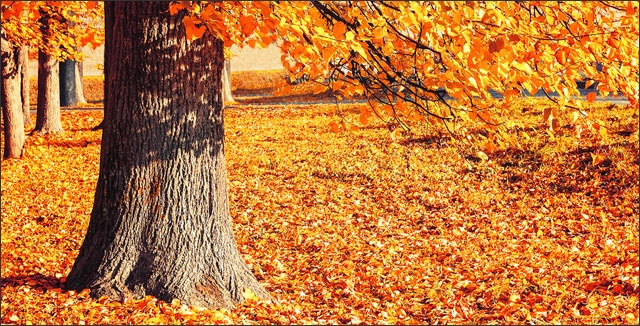


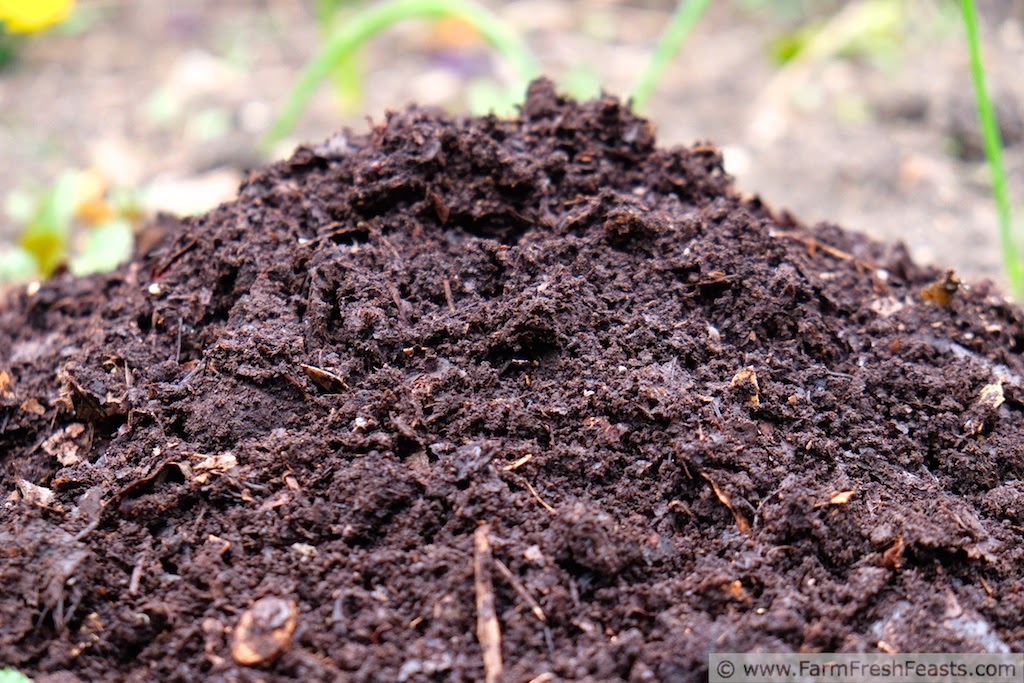
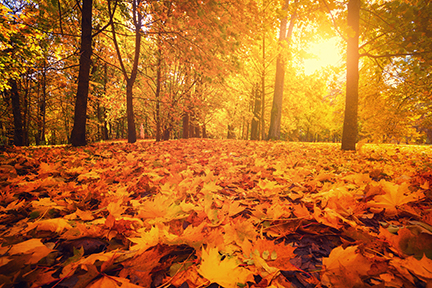
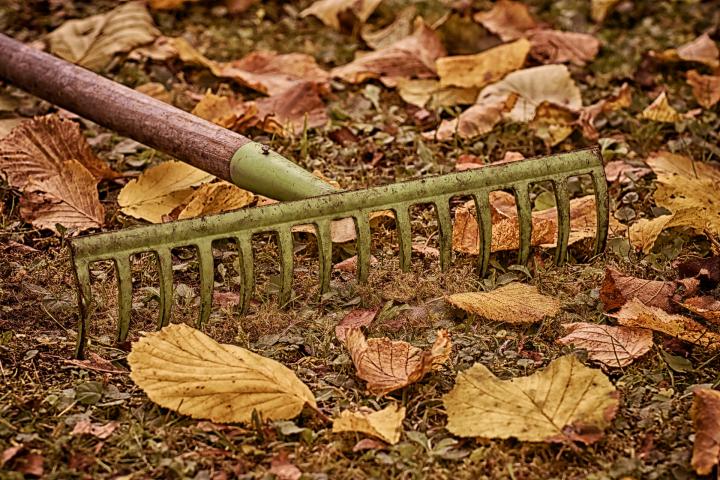
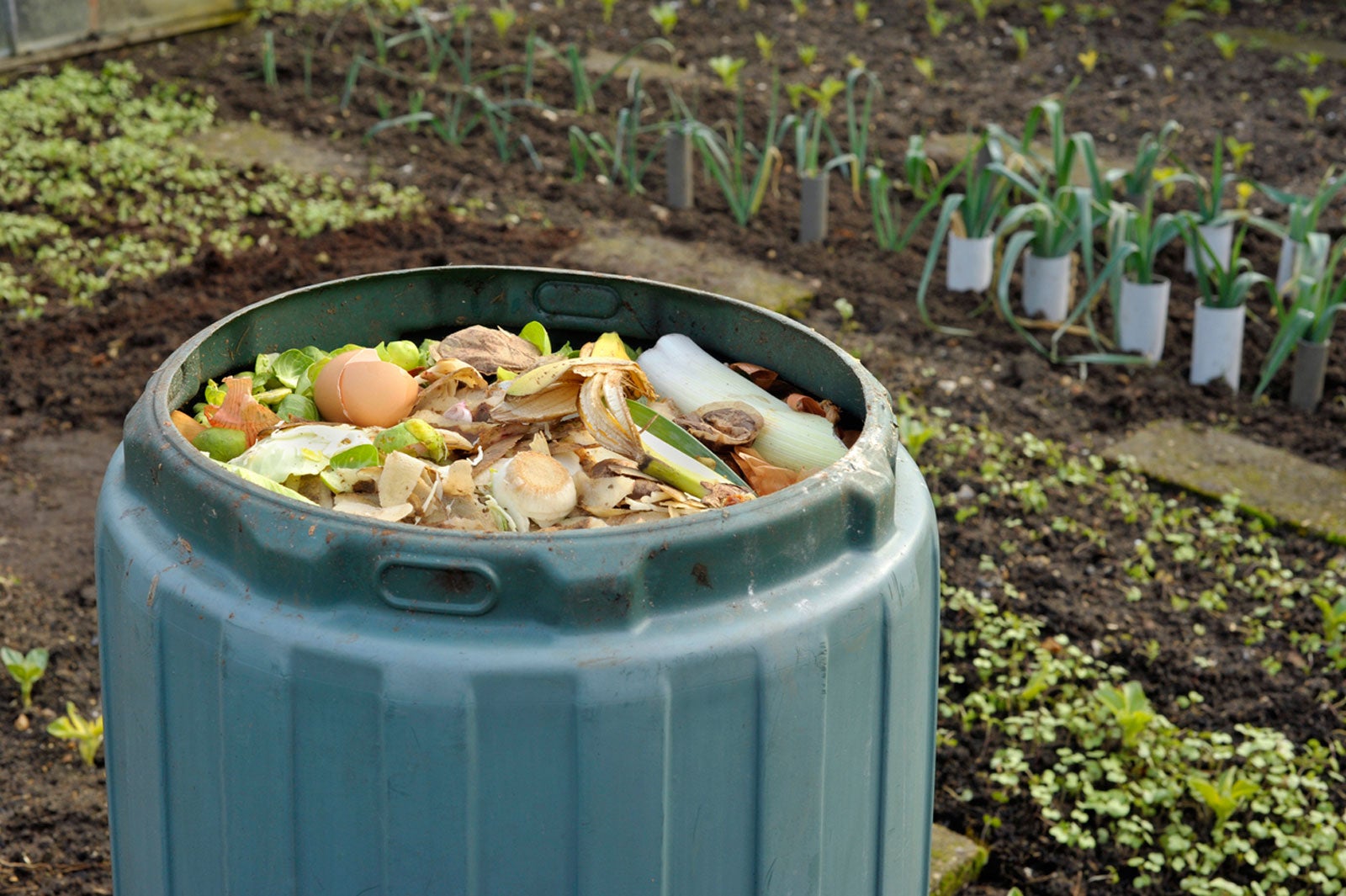

/SweetChestnut_2011_09_24_KivetonPark_Worksop_Ranby_Retford_175p08.jpg)
Amazing informational blog leave compost for gardening.
Hey Asad,
Thank you for your reply. An organic compost with leaves is beneficial to have and it if effortless to maintain.
I recently published two vegetarian cookbooks. One is an Authentic Homemade Vegetarian Cookbook and the second one is The Complete Meatless Lifestyle Vegetarian Cookbook Volume 2, available for sale on Amazon. Please purchase these books and receive a lifetime of delicious and abundant vegetarian style foods. The two books include salads, soups, appetizers, mains, desserts, two full vegetarian holiday dinners and learning the basic foundations of making essential meals that are low in cost and high in value.
Thank you for your support.
Have a nice day.